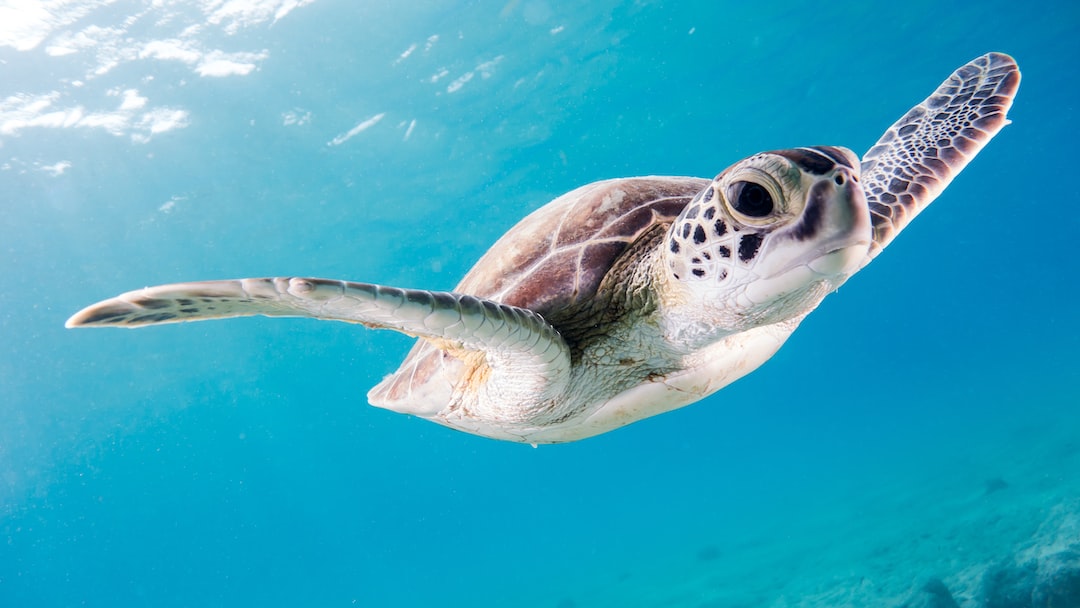Overfishing is a term used to describe the harvesting of fish beyond what the population can naturally replace. This means that more fish are being caught than can be replenished, which leads to a decline in fish populations. This pattern of overfishing has been observed around the world, and its impact on marine life is concerning.
There are several dangers associated with overfishing. One of the most significant is the loss of biodiversity. When fish populations decline, it can lead to a loss of biodiversity, as some species become extinct or are no longer prevalent in the ecosystem. This can have serious implications for the entire food chain. For example, if the population of a major predator species declines, it can lead to an increase in the number of their prey species, which in turn can lead to a decline in their own populations.
Another danger is the impact on the marine ecosystem. Overfishing can lead to a loss of diversity and productivity in aquatic ecosystems. This can ripple through the ecosystem and affect other organisms that depend on fish populations for survival. For example, seabirds and marine mammals rely heavily on fish as a food source. As fish populations decline, their food sources become scarce, which can impact their health, reproduction, and overall survival.
Overfishing can also have economic consequences. Fisheries are an important source of income for many communities around the world. When fish populations decline, it can lead to a loss of income for fishing communities and can even lead to the closure of fishing businesses. This can have devastating effects on the livelihoods of those who depend on fishing for their income.
There are several factors that contribute to overfishing. One of the main drivers is the demand for fish. As the global population grows, the demand for fish as a food source increases. This puts pressure on fish populations to be harvested at a faster rate than they can replenish. Additionally, advances in fishing technology, such as larger nets and fishing vessels, make it easier to catch more fish in a shorter amount of time.
To address the issue of overfishing, several measures can be taken. One of the most effective is the implementation of sustainable fishing practices. This means ensuring that fish populations are harvested at a rate that allows them to replenish naturally. Other measures include restricting fishing in certain areas or during certain times of the year, promoting the consumption of sustainably sourced fish, and increasing public awareness about the impact of overfishing.
In conclusion, overfishing is a serious issue that poses significant dangers to marine life. The loss of biodiversity, impact on the marine ecosystem, and economic consequences are all reasons why overfishing needs to be addressed. By implementing sustainable fishing practices and increasing public awareness about the issue, we can work towards a more sustainable future for our oceans and the marine life that depend on them.

